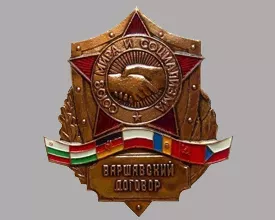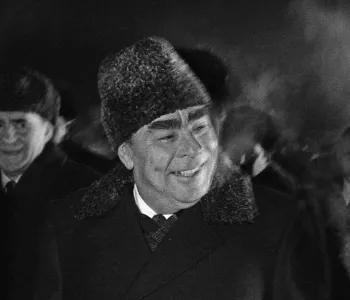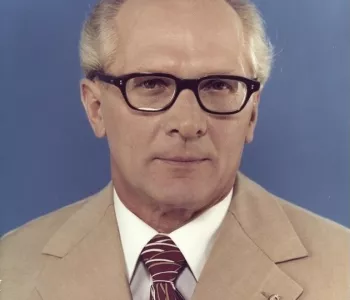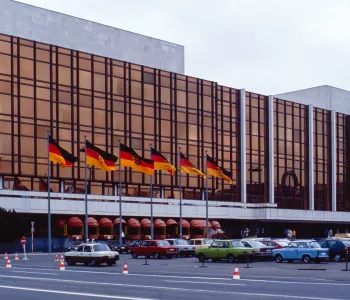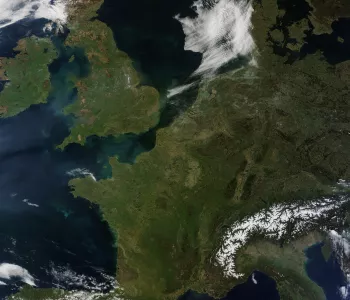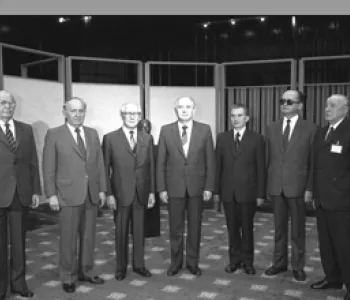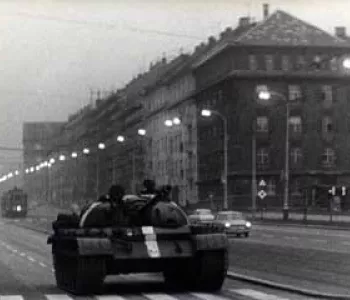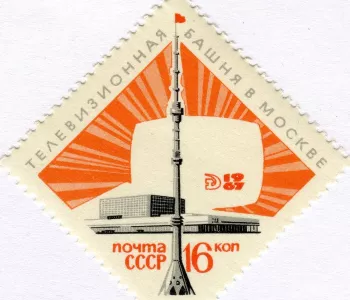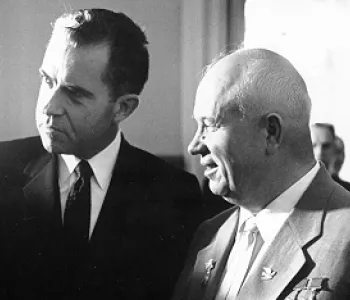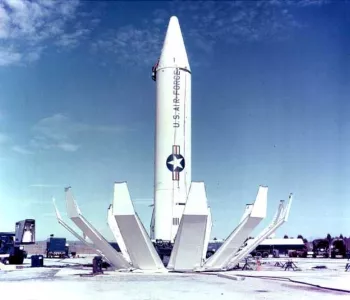Meeting minutes taken by Romanian Ambassador Vasile Sandru at sessions of the Warsaw Treaty Political Consultative Committee, taking place in Moscow on 22-23 November 1978. Session I contains a speech by Leonid Brezhnev in which he discusses détente, Warsaw Pact economic cooperation, disarmament, national liberation movements, and relations with China, the Western countries, and Japan. In Session II and III political leaders of the other Warsaw member countries respond to Brezhnev’s speech. Session IV features a report by Commander-in-Chief Viktor Kulikov on the United Armed Forces. He recommends an increase in military expenditures. All of the leaders agree, except for Nicolae Ceausescu of Romania.
